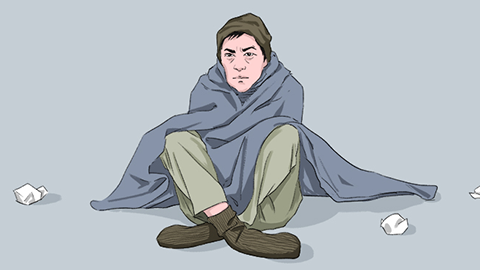Can I eat loquat when I have a cold?
Generally speaking, loquat can be consumed during a heat-type cold, but it may not be suitable for a cold-type cold. If the cold is accompanied by high fever, severe coughing, or symptoms that persistently worsen, prompt medical attention should be sought to avoid delaying treatment by relying solely on dietary remedies. Detailed explanations are as follows:
Loquat has the effect of moistening the lungs and relieving coughs and is used to treat symptoms such as heat-related coughing and chronic cough. If symptoms of a heat-type cold appear, such as significant fever, sore throat, yellow and thick phlegm, thirst, or dry cough, moderate consumption of loquat may help alleviate these symptoms. Additionally, loquat is rich in vitamin C and water, which can help replenish nutrients and promote metabolism.

The body undergoes significant consumption during a cold, requiring sufficient nutrients to support the immune system in fighting viruses or bacteria. Loquat contains various nutrients, including vitamin C, B-complex vitamins, carotene, potassium, and magnesium, which can help enhance immunity and promote recovery.
Cold-type cold typically presents symptoms such as severe chills, mild fever, absence of perspiration, headache, body aches, nasal congestion with clear discharge, and cough with thin, white phlegm. Since loquat is cooling in nature, individuals with cold-type cold may experience increased internal coldness after consumption, leading to worsened symptoms such as intensified coughing and increased volume of thin, white phlegm. Therefore, patients with cold-type cold should consume loquat cautiously.
During a cold, it is important to rest adequately, drink plenty of water, maintain good indoor air circulation, and seek medical attention when necessary.






